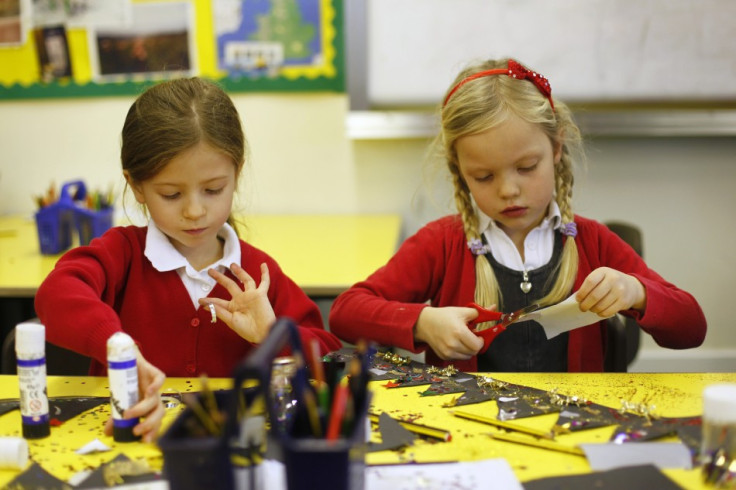Solving Maths Problems by Memorising Answers Could Help Children

Teachers usually claim that the best way to solve arithmetic problems is through calculation but now, scientists have found that solving problems by memorising answers could help students in the long run.
University of Missouri scientists found this while studying girls' and the boys' ways of solving arithmetic problems. Girls and boys solve arithmetic problems in different ways. While girls solve problems by calculating, boys solve them by memorising the answers.
"The observed difference in arithmetic accuracy between the sexes may arise from a willingness to risk being wrong by answering from memory before one is sure of the correct answer," said Drew Bailey, researcher at the University of Missouri.
The study followed nearly 300 children as they progressed from the first to the sixth grade. In the first and second grades, boys gave answers quickly, but most of their answers were wrong. On the other hand, girls were right more often, but they responded more slowly and to fewer questions.
However, by the sixth grade scientists found that boys were answering more problems and getting more correct answers, according to the findings published in the Journal of Experimental Child Psychology.
"In our study, we found that boys were more likely to call out answers than girls, even though they were less accurate early in school. Over time, though, this practice at remembering answers may have allowed boys to surpass girls in accuracy," Bailey said.
Bailey claims that developing mathematical skill may be part "practice makes perfect" and part "perfect makes practice". But attempting more answers from memory gives risk-takers more practice, which may eventually lead to improvements in accuracy. It also is possible that children who are skilled at certain strategies are more likely to use them and therefore acquire more practice.
According to the scientists, as an adult, it seems easy to remember basic math facts, but in children's brains the networks are still forming. It could be that trying to answer a problem from memory engages those networks and improves them, even if the answers are not correct at first. In time, the brain develops improved memories leading to more correct answers.
© Copyright IBTimes 2025. All rights reserved.



















